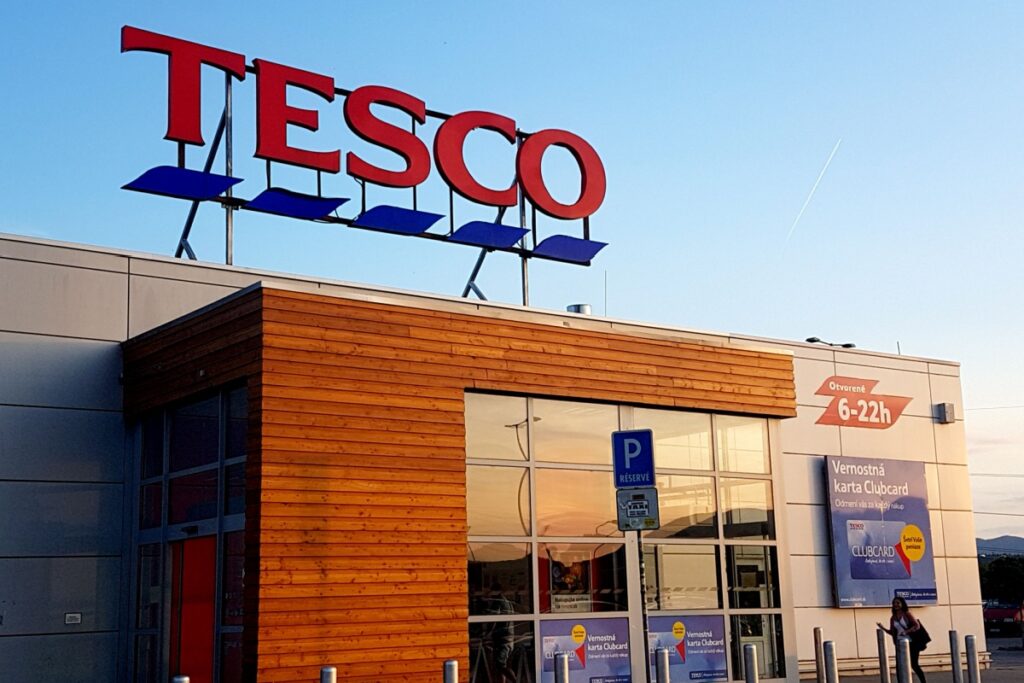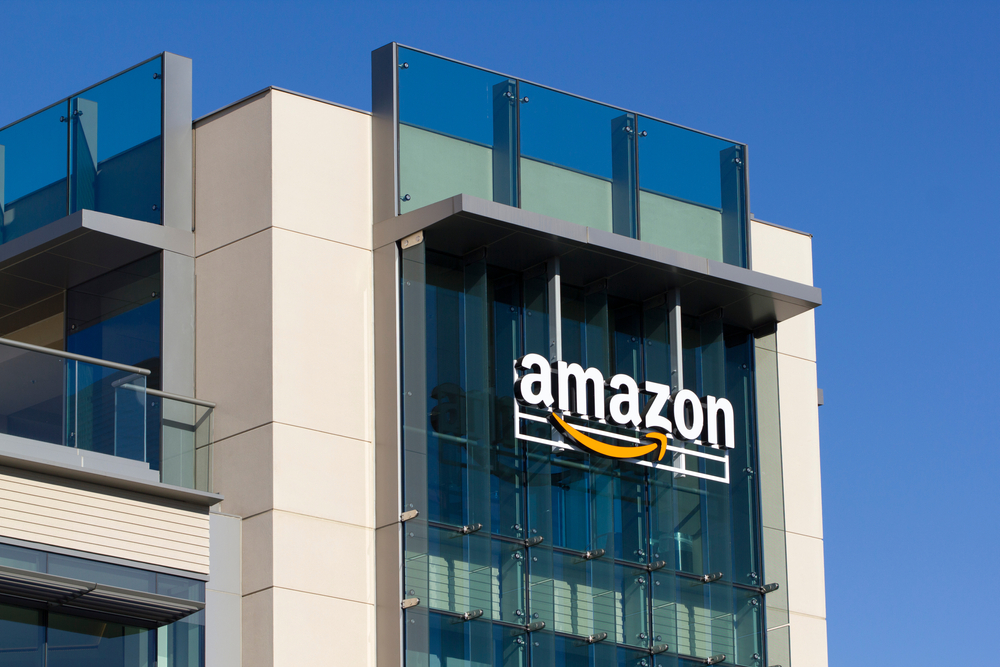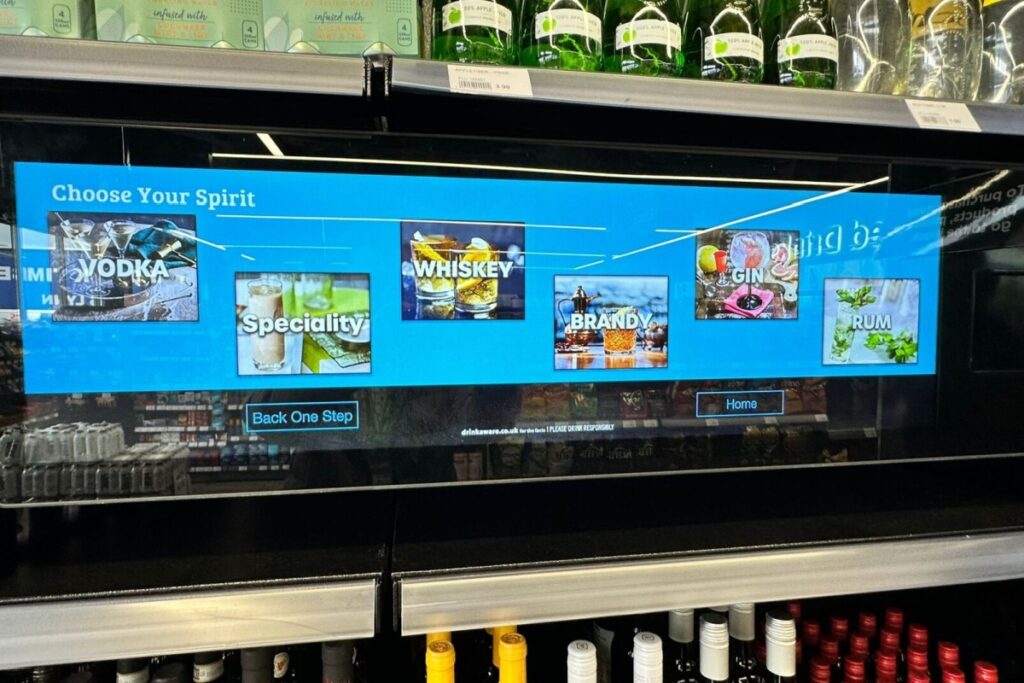Retailers would benefit from more technology to help improve inventory management processes, labour scheduling, and general store operations, and artificial intelligence (AI) could be deployed for each of those needs, as well as being used for trend spotting that can aid wider business planning.
These were the key findings at a Retail Gazette roundtable which took place at Haymarket Hotel on 13 September.
The breakfast event ran in association with SolvedBy.AI, a company offering multiple solutions that can help retailers solve operational and HR challenges.
Representatives from retailers including AllSaints, B&M Retail, Dune London, Harrods, H&M, Marks & Spencer, Monsoon-Accessorize, and Specsavers joined Retail Gazette and SolvedBy.AI for the discussion.
The in-depth debate highlighted both the opportunity new technology such as AI can bring to retail operations, as well as illustrating several factors holding the industry back in its deployment of the latest sophisticated tools.
The challenges
Retail Gazette’s roundtable events always give an indication of the mood of the retail industry, and those in attendance spoke of, for example, wanting to find new ways of predicting demand and making more agile decisions when unexpected weather patterns emerge.
One retailer said: “We need to better understand our stock. We have to make our buying decisions more efficient if we are going to keep improving as a business and drive growth.”
Another guest noted: “People have visions of a dystopian future with AI and automation, but as we leaders in the tech department introduce new tools we need to get staff to buy into how they can help improve people’s roles.”
Elsewhere, one attendee said many retailers were not focusing on the “hidden gem” of digitising their stores in an age influenced by ecommerce. “Consumers are returning to stores, but the most effective retailers will be those which combine bricks and clicks – and customer data – to make the experience as compelling as possible.”
Wider macroeconomic trends and new footfall patterns are making retailers think differently about their staffing and how they use their physical space.
Research from Place Informatics, released in September, shows the traditional busiest days of trading are no more, due to the greater adoption of hybrid working post pandemic.
Using data taken from town centres across the UK, the study found with millions opting to work in the office on Tuesdays, Wednesdays and Thursdays – rather than spending the majority of the week working from home – Tuesday has become a key shopping and socialising day.
Many of the towns analysed reported a significant increase in visitors on Tuesdays and often it was a busier day than Sunday.
Some locations even reported that Tuesday was the ‘new Saturday’ and had become the busiest day of the week.
Retailers around the table acknowledged that they are seeing these new patterns. One said Saturday trade has dropped significantly since the pandemic.
“Things are moving very fast,” one retailer cautioned. “It can be difficult to keep up, and we can’t be sure we have a consistent new consumer shopping pattern following the pandemic. All in all you have to offer options and services for everyone to meet various needs – and that requires significant flexibility.”
The opportunity
With so many obstacles and new challenges to consider, retailers are looking at how they can optimise their operations or tweak workforce management strategy.
One retailer said the processes and systems it has implemented “may help when selling products, but internally we could be much better at measuring performance of the investments we make in workforce management solutions and other technology”.
Another roundtable guest suggested their business had achieved success in changing processes and ways of operating online, mainly through A/B testing, but said much more could be done in terms of monitoring the performance of operations in the store.
They added: “Lots has been said about AI in terms of how it can improve, automate, and streamline areas of the business directly related to the customer experience, but the biggest area of opportunity for AI is to have an impact on retail is in the back-end.
“That’s where the quick wins will come from.”
One guest argued: “The consequences of not investing in digital tools to help run stores means failure as a retailer – just look at the number of companies that have collapsed in recent years, and they tend to be those who have not modernised.”
When asked what is holding them back from investing in AI, retailers around the table listed not yet being able to develop a business case for investment, c-suite blockers, and general fear across the workforce around the technology.
Notably, though, several leaders in the room understood the benefits AI could bring and were advocates for it and were working to build business cases for its adoption.
One commented: “We know deploying AI can help us get products to stores quicker and will help us better act upon the information we have at our disposal.
“We could also embrace new technologies like this to help us understand when we need extra hours in our staff scheduling.”
The future
AI is being seen through a political lens on 1-2 November, when international governments, AI companies, and experts in research will gather at Bletchley Park, Buckinghamshire for the AI Safety Summit led by UK prime minister Rishi Sunak.
Discussions on how potential safety risks can be mitigated through internationally coordinated action and how AI can be used to drive business and scientific growth will be addressed.
Sunak talks of the “extraordinary opportunities of AI” and wants to ensure as, inevitably, this technology develops at pace in the years ahead that it does so in a safe manner.
As the retailers said during the roundtable, there is existing fear around the use of AI in business, which is holding some organisations back from implementing it. Perhaps such fears can be allayed in the coming weeks and months.
The retailers that have already deployed AI in their operations are saving money and driving efficiencies, according to Ian Hogg, chairman of SolvedBy.AI parent company The WorkTech Group.
“Store operating models have been changing since the advent of ecommerce decades ago, but the speed of this evolution accelerated in recent years – particularly influenced by changing work patterns and consumer habits after the pandemic,” he noted during the roundtable discussion.
“We are using our AI-powered solutions to help retailers decide when to open and close, and to optimise the number of staff they need at different times of day.”
He added: “For forward-thinking retailers who have embarked on the right change management journey within their organisations and developed their culture to meet the needs of a new business and consumer world, AI can support. There is significant potential for retail operations improvements if retailers embrace the power of AI.”
Click here to sign up to Retail Gazette‘s free daily email newsletter


















